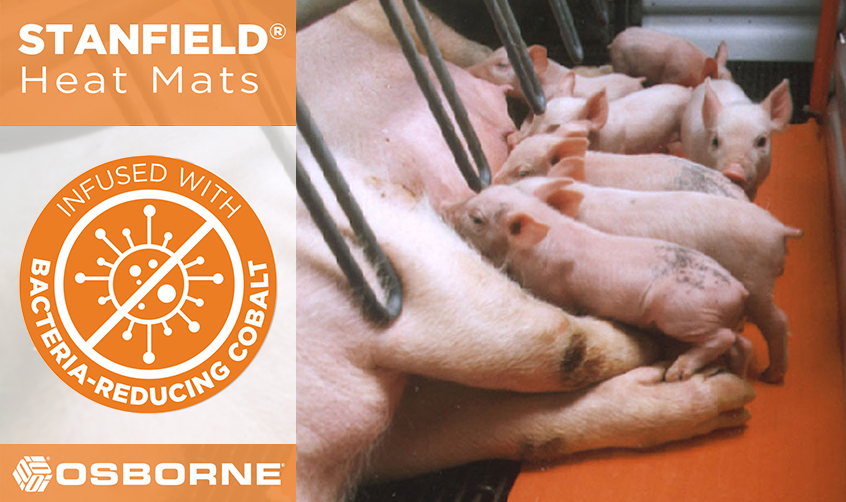



Brutal cold spell nips US winter wheat, stresses livestock
Cold complicates animal, feed transportAs much as one-fifth of US winter wheat acreage was exposed to damaging cold temperatures during a frigid three-day holiday weekend, meteorologists said on Tuesday. The biggest threat was posed in areas of the southern Plains and Midwest that lacked protective snow cover, according to Reuters.
Potential damage to the winter crop in the world's fourth-largest exporter comes after US farmers planted fewer acres with winter wheat and as global stocks of the staple grain remain at an eight-year low.
Forecasters said the most vulnerable wheat was likely from south-central Kansas through central Missouri, south-central Illinois, Indiana and western Ohio, where weekend temperatures dipped below 0 degrees Fahrenheit (minus 18 Celsius) and snow depth was less than 1 inch (2.5 cm).
"We are thinking right now, at least 20% was at risk for damage. There were parts that probably saw some outright damage in portions of the southwestern Midwest, even getting into maybe parts of the southern Plains," said Nick Vita, a meteorologist with the Commodity Weather Group.
Other wheat areas at risk included parts of eastern Montana and eastern Washington state, Vita said. Winter wheat typically accounts for about two-thirds of total US production. US farmers planted 34.4 million acres of winter wheat for harvest in 2024, the US Department of Agriculture said Friday, down 6% from the previous year and less than most analysts expected amid lower prices.
The full extent of harm will not be clear until the dormant winter wheat crop resumes growth in the spring. Typically the crop is most resistant to freeze injury at this time of year, but severe cold can kill plants.
Ice on the Illinois river meanwhile had slowed barge shipment and movement through some locks, American Commercial Barge Line said in an email.
The cold stressed Plains livestock as well, particularly in portions of the central Plains and Midwest hit by heavy snow ahead of the cold snap, which complicated the transportation of animals and feed.
"It's certainly in issue for livestock. In northern Kansas, central Nebraska, Iowa, there is a lot of snow on the ground," said Don Keeney, meteorologist with Maxar Technologies.
Tyson Foods said it temporarily scaled back meatpacking operations at some US facilities for employees' safety and is working to fulfil customer orders at other locations.
The cold stopped cattle from gaining weight, as all of the feed they eat goes toward keeping them warm, said Chad Engle, a cattle feeder in Fairmont, Nebraska.









